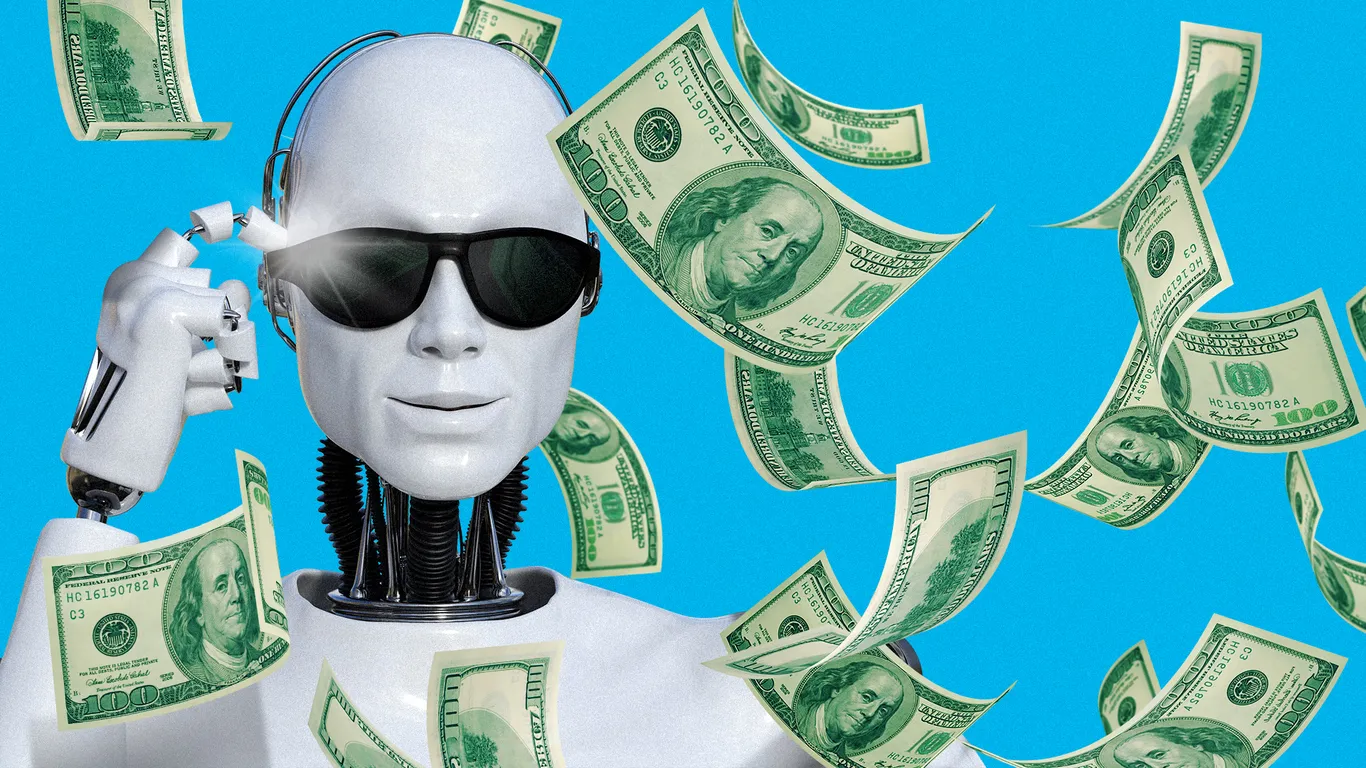Copyright axios

Driving the news: Meta, Microsoft and Google — some of the major "hyperscalers" driving the AI transformation — all made bullish comments Wednesday on their spending plans. Meta raised its spending forecast, saying its capital expenditures on AI infrastructure and the like will be at least $70 billion this year, and "notably larger" next year.Google parent Alphabet — fresh off a record $100 billion revenue last quarter — raised its own spending forecast for the year to at least $91 billion.Microsoft CEO Satya Nadella said strong demand was the reason they "continue to increase our investments in AI across both capital and talent." Between the lines: Tech giants and their investors are thrilled by all the new business. Still, some of the discussion in this week's earnings calls suggests that demand is coming from companies spending beyond their means or financing each other in a loop that could unravel if one link breaks. Zoom out: The AI boom is so large, and at this point so self-sustaining, it's taken on an economic life of its own. Federal Reserve chair Jerome Powell, during a news conference Wednesday, rejected the idea that the Fed lowering the cost of money would fuel an AI bubble in some way."I don't think that the spending that happens to build data centers all over the country is especially interest sensitive," Powell said. "It's based on longer-run assessments that this is an area where there's going to be a lot of investment that's going to drive higher productivity and that sort of thing."There's little doubt about the ongoing impact of all these hundreds of billions of dollars in spending."This has been an important backstop for the economy and without which we would have seen substantially weaker growth numbers," Vanguard global chief economist Joe Davis wrote Wednesday. Zoom in: The ongoing evidence is clear from companies like Caterpillar, as Axios' Nathan Bomey writes. Caterpillar CEO Joe Creed said on an earnings call that sales of equipment in the company's power generation segment soared 33%, "primarily due to demand for reciprocating engines for data center applications."AI is lifting boats beyond the chipmakers, and fueling insatiable demand all up and down the industrial supply chain. The intrigue: The boom is boosting bottom lines and driving stock market records, but not necessarily translating into jobs yet. As Powell noted Wednesday, the labor market continues to soften.Data centers are good for construction jobs in the short term, but generally don't require huge staffing once they're built.Companies like AI heavyweight Nvidia say they need more talent and will keep growing, but it's not clear whether that will be enough to offset signs of rising corporate layoffs. The bottom line: The race to build the future of AI isn't anywhere near over, and Wednesday's earnings show that the finish line still isn't in sight.



